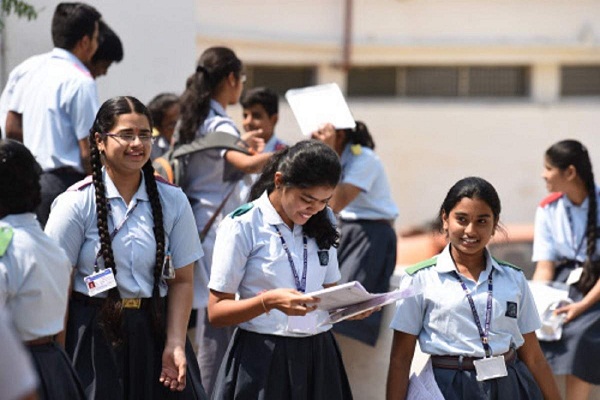Keeping with the demands of a majority of students in view of the rise in COVID cases in the country, Union Human Resource Minister Ramesh Pokhriyal has announced the new exam dates of JEE Main, NEET and JEE Advanced. The exams which were scheduled in July and August have been postponed.
JEE Main will now be conducted between September 1 to 6 2020, JEE Advanced on September 27 and NEET on September 13 respectively.
The decision on JEE Main and NEET has been announced after the special committee consisting of National Testing Agency Director General and other officials submitted their report to MHRD regarding the reconsideration of the conduct of JEE Main exam.
Now that the exam is postponed, application correction the facility is to be reopened for NEET and JEE Main from July 4 to 15, 2020. Previously, the JEE Main exam was supposed to be conducted in April, while JEE Advanced and NEET 2020 were to be conducted in May.
Also read: JEE Main 2020 online application ends on Sunday
NTA Director General, Vineet Joshi had also announced that all the precautionary measures shall be taken to protect the students from all kinds of risk factors pertaining to their health.
Students on the other hand were requesting the authorities through various social media platforms for the postponement of JEE Main and NEET 2020 on account of safety as well as the travel restrictions.
Keeping in mind the safety of students and to ensure quality education we have decided to postpone #JEE & #NEET examinations. JEE Main examination will be held between 1st-6th Sept, JEE advanced exam will be held on 27th Sept & NEET examination will be held on 13th Sept. pic.twitter.com/klTjtBxvuw
— Dr. Ramesh Pokhriyal Nishank (@DrRPNishank) July 3, 2020





























